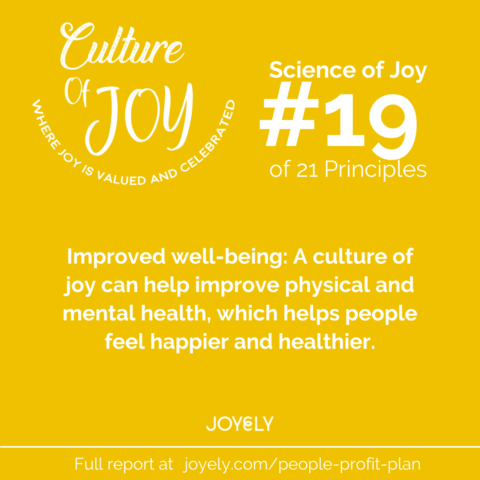Another study that supports this finding is “Positive emotions and job satisfaction as predictors of work absenteeism” by Tims, Bakker, and Derks. This study found that employees who reported higher levels of positive emotions and job satisfaction were less likely to take sick leave,



